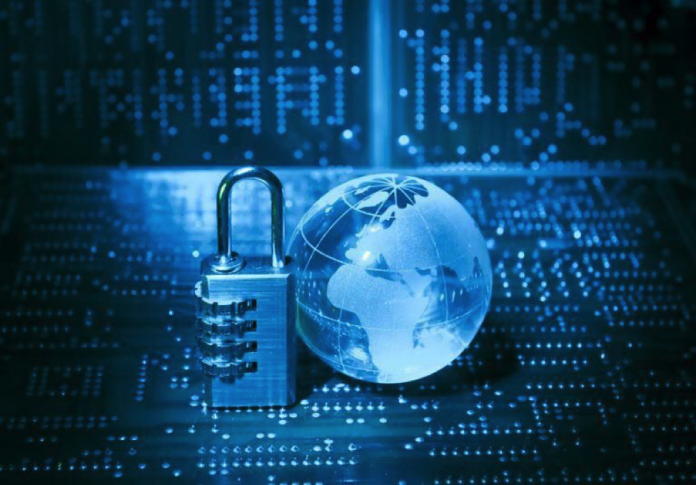As more money enters the cryptocurrency space from both large corporations and small retail investors, cryptocurrency wallets have become an enticing target for criminals, hackers, and scammers.
According to research conducted by security company Barracuda, scammers managed to steal a total of approximately $80 million USD from nearly 7,000 people over the last year alone. The Federal Trade Commission states that’s an increase of 1,100% over the numbers it’s seen in previous years.
With that said, it’s more important than ever to keep your crypto assets secure and out of reach of would-be criminals. By making your assets just a bit more difficult to steal than the next person, there’s a good chance that hackers will pass you by for an easier target.
On the upside, blockchain technology is intrinsically designed to make it difficult for hackers and thieves to hide the movements of their stolen assets; for example, two individuals were recently apprehended by the FBI and Department of Homeland Security for their attempt to launder funds connected to the 2016 Bitfinex hack.
Even though blockchain technology makes it easier to track down stolen funds, it’s still your personal responsibility to ensure the security of your own digital assets by adhering closely to industry best practices.
Table of Contents
Basic cryptocurrency best practices
Never share your private keys or seed phrase with anyone.
Your private keys are the single most important part of your cryptocurrency wallet; with access to your private keys or seed phrase in the wrong hands, all the funds in your wallet are vulnerable. For this reason, it’s vital to never share your private keys or seed phrase with anyone, for any reason. No reputable person or company in the cryptocurrency industry will ever ask you to provide it to them, so it’s safe to assume any request for them is a scam.
Use two factor authentication on all your accounts.
Two factor authentication is an extremely effective method to keep your accounts secure. Two factor authentication requires immediate access to a second device you own, to confirm that it’s really you attempting to access the account.
By adding an extra step to logging into your account, you can deter a large percentage of would-be criminals from attempting to access your crypto accounts.
Don’t leave your crypto on exchanges.
While cryptocurrency exchanges like OKX are extremely convenient, it’s important to avoid storing large amounts of your crypto assets on exchanges.
By keeping assets you aren’t actively trading off exchanges, you make it more difficult for potential bad actors to access your funds.
Utilize cold storage devices.
Another important step to keep your digital assets safe is to utilize cold storage devices, such as a Ledger or Trezor. These specialized physical devices store your private keys offline, or in “cold storage”, to prevent hackers from gaining access.
Don’t forget your passwords.
With crypto wallets, there is no ‘forgot password’ button. If you lose the password or seed phrase to your wallet, you are permanently locked out of your funds. Experts estimate that nearly 3.7 million Bitcoin are lost forever, largely due to people forgetting their passwords or throwing away their old machines with their keys stored on the hard drive.









